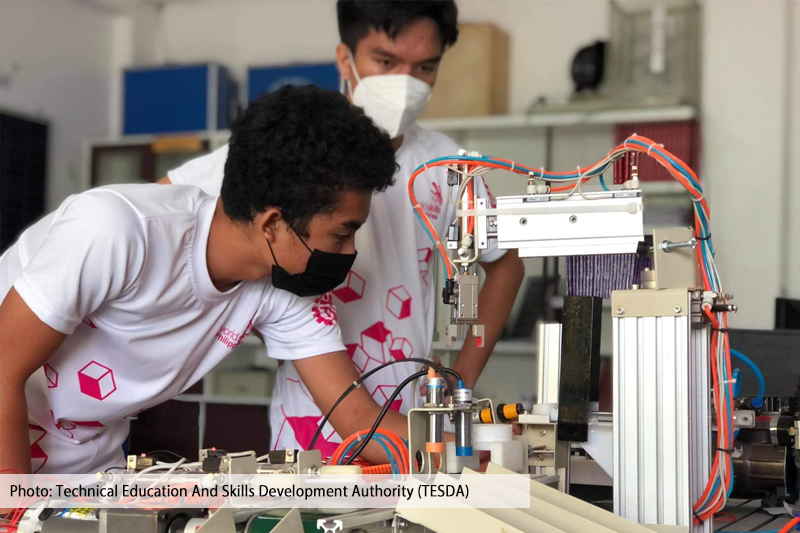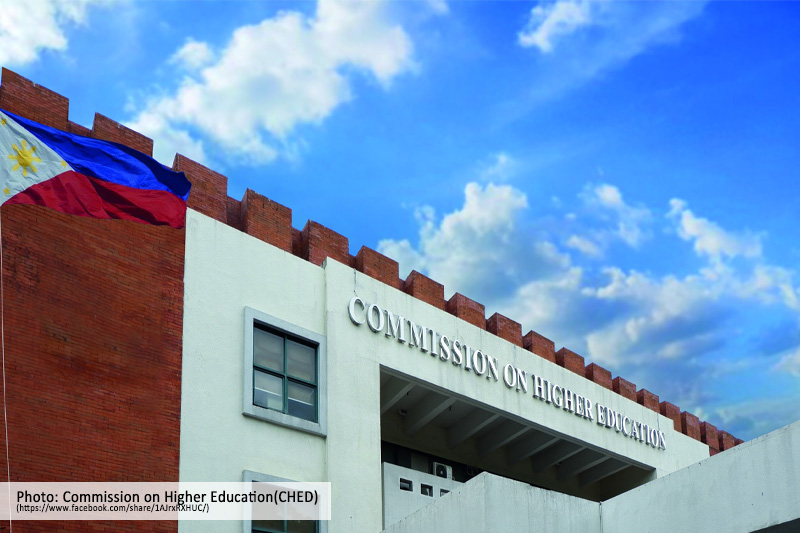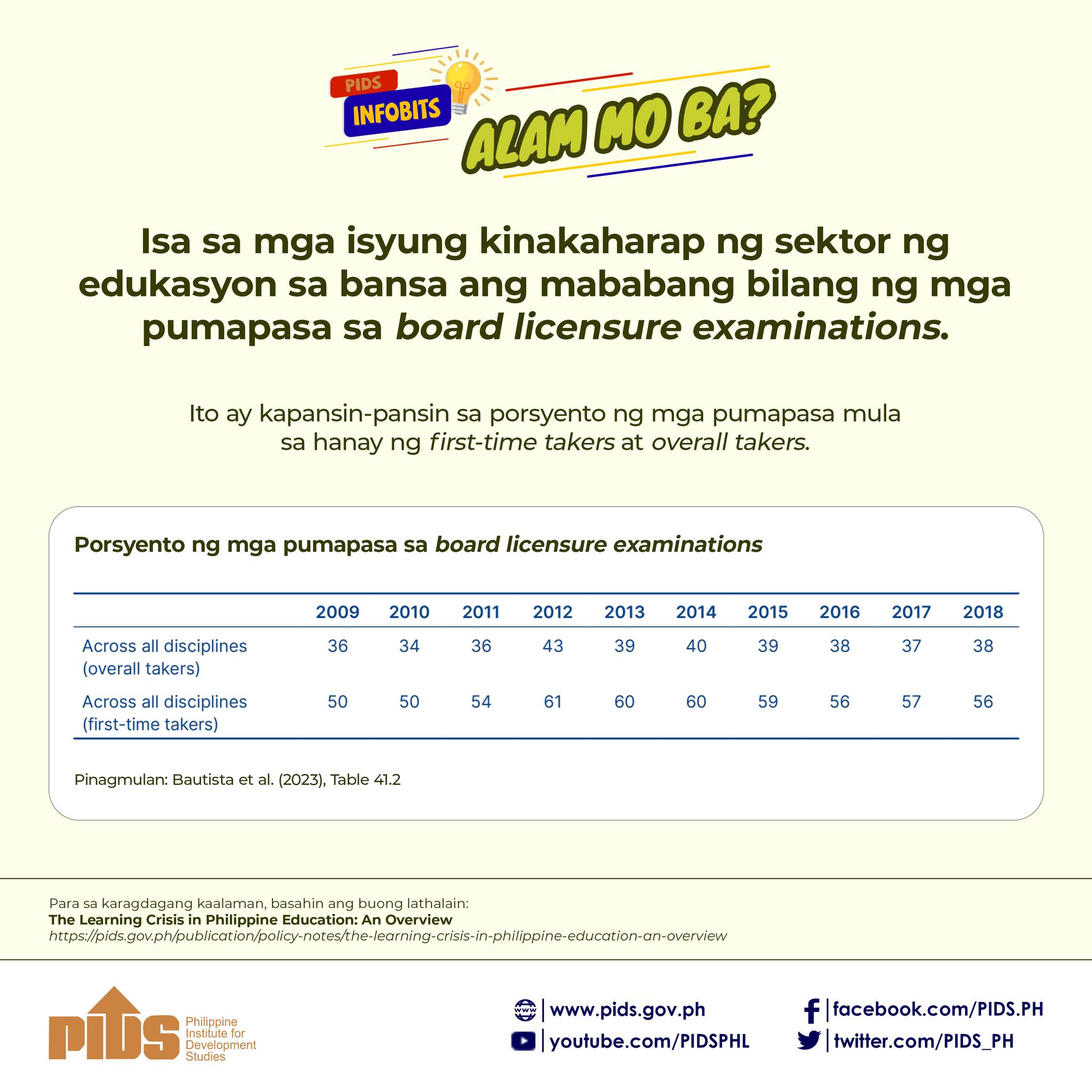Since July 2014, foreigners have been allowed to own 100% of Philippine domestic banks. This came about with President Benigno S.C. Aquino III’s signing of Republic Act (RA) 10641, an act allowing the full entry of foreign banks in the local banking industry.
The new law amends RA 7721 which was promulgated in May 1994 under the administration of then President Fidel V. Ramos. Otherwise known as the "Foreign Bank Liberalization Act,” RA 7721 was instrumental in the entry of foreign banks through either of three modes: acquisition of up to 60% of an existing domestic bank’s voting stock; establishment of branches with full banking authority; or investing up to 60% of the voting stock of a new banking subsidiary incorporated under Philippine laws.
Ten foreign banks were authorized by the Bangko Sentral ng Pilipinas (BSP) Monetary Board to operate under RA 7721. Among them were banking giants from the Netherlands, Japan, South Korea, China, Germany, New Zealand, and Singapore.
Twenty years later, the BSP endorsed to Congress a bill to further liberalize the entry of foreign banks into the country, which became a law last year. BSP Governor Amando M. Tetangco, Jr. said: "Our investment grade makes us part of a limited group of sovereigns who are considered to adhere to the high standards of macroeconomic, fiscal, and financial governance. Building on this achievement, we must nurture a competitive environment that can address the expanding needs of stakeholders.”
To allay fears that foreign banks will dominate the industry, RA 10641 provides safety nets by requiring that at least 60% of total banking resources in the Philippines is in the hands of domestic banks majority owned by Filipinos . Only established, reputable, and financially sound foreign banks that are publicly listed in their countries of origin shall be allowed.
Approved foreign banks must permanently assign capital amounting to not less than the minimum capital required for domestic banks of the same category, and may open up to six branches. The Monetary Board has the power to suspend the further entry of foreign banks under any or all modes as warranted by the country’s interest.
Under RA 10641, the first foreign bank to open a Philippine branch is Sumitomo Mitsui Banking Corp. (SMBC). Last Sept. 1, SMBC’s Manila Branch was inaugurated at Ayala Tower One and Exchange Plaza in Makati City by Senate President Franklin M. Drilon and Philippine Ambassador to Japan Manuel Lopez.
SMBC Philippines General Manager Yukio Asahina said: "We have been supporting our clients in the Philippines through a representative office since 1975. The opening of SMBC Manila Branch will enable us to provide a wide range of banking services to meet the financial needs of our clients and tailored support for the expansion of their businesses in the Philippines.”
Mr. Asahina noted that the country’s English-proficient workforce and extensive investment incentives are highly appealing to foreign investors. He expects the Philippines to continue achieving high economic growth, disclosing that the commencement of business in Metro Manila is part of SMBC’s plan to expand its network in Asia.
In 2001, the Philippine Institute of Development Studies (PIDS) conducted a survey among local banks to understand the effects of banking liberalization. There were 10 respondents consisting of universal, commercial, thrift, and government specialized banks.
These respondents owned a combined 54% of total assets, 65% of total deposits, and 62% of total capital in the entire banking industry as of December 2000.
According to the survey results, local banks considered the environment to be highly competitive with entry of 10 foreign banks under RA 7721. There was more competition in the wholesale banking operations compared to retail banking and development banking, since foreign banks initially catered to larger, higher-margin accounts that comprised wholesale banking.
Among the specific products and services that were highly affected were foreign exchange transactions, lending services, and investment banking, money market placements. The effects of liberalization were also felt in the sourcing of funds, hiring and retaining of productive employees, and changes in information technology.
PIDS pointed to an increased state of competition in the banking industry at the turn of the millennium due to the entry of foreign banks, which exhibited faster growth in terms of total loan portfolio and total deposits relative to the entire banking industry. The surveyed local banks "agreed that the entry of foreign banks was satisfactory in liberalizing the economy and the banking sector.”
Surprisingly, the consensus among the respondents was that "it will be more desirable in the future if there were more banks with more branches, increase in the capitalization requirements, and reciprocity arrangements with the foreign banks’ countries or origin. It will be interesting to find out if this consensus still holds true when more foreign banks enter the Philippine market.
J. ALBERT GAMBOA is chief financial officer of Asian Center for Legal Excellence and Senior Advisor of
KSearch Asia Consulting, Inc.












